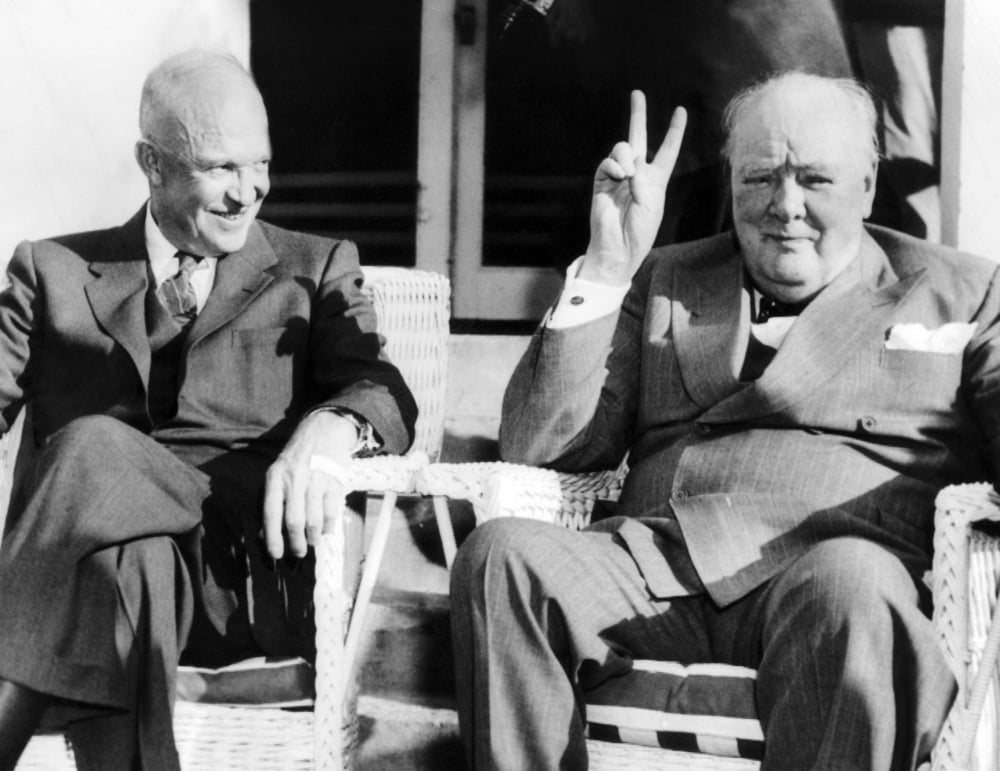

But he never posed a serious threat to the revered general, and indeed stumped for him on the campaign trail in 1952. Before Eisenhower committed to run for reelection in 1956, party elders had frequently mentioned Warren as a replacement candidate. Warren, the 1948 Republican vice-presidential candidate, had challenged Eisenhower for the party’s presidential nomination in 1952. Above anything else, they had been rivals. Warren and Eisenhower had up to that point enjoyed a cordial relationship, even if they were not close friends. He was a man who believed in fairness and dignity. Yet as the chief justice, he embodied the impartiality of the entire federal judiciary. Warren had been a prosecutor and a governor, and was no choirboy he had heard bigoted language before. Ever decorous, he sanitized the slur from “black bucks” to “overgrown Negroes,” but in his biography, Super Chief, Bernard Schwartz, one of Warren’s confidants, recorded the actual phrase in all its rotten vinegar. The incident left such an impression that Warren recounted it in his memoirs some 20 years later. Several of Eisenhower’s admirers have attempted to downplay the encounter, but reports confirm that he used racially charged language in private.

Here was the president leaning on the chief justice about a pending case while using the racist terms of an overseer. “All they are concerned about is to see that their sweet little girls are not required to sit in school alongside some big black bucks.”Ĭheck out more from this issue and find your next story to read. “These are not bad people,” the president said. Over coffee, Eisenhower took Warren by the arm and asked him to consider the perspective of white parents in the Deep South. That alone would have made for an awkward evening. Davis, and went out of his way to praise Davis as a great man. Yet Eisenhower seated Warren near one of the attorneys who had argued the case for the southern states, John W. As of the dinner, the case was still under advisement. Only two months into his tenure, Warren had presided over oral arguments in the blockbuster school-segregation case Brown v. Earl Warren was Eisenhower’s first appointment to the Supreme Court and had been sworn in just four months earlier. A t a White House stag dinner in February 1954, President Dwight Eisenhower shocked the new chief justice of the United States.


 0 kommentar(er)
0 kommentar(er)
